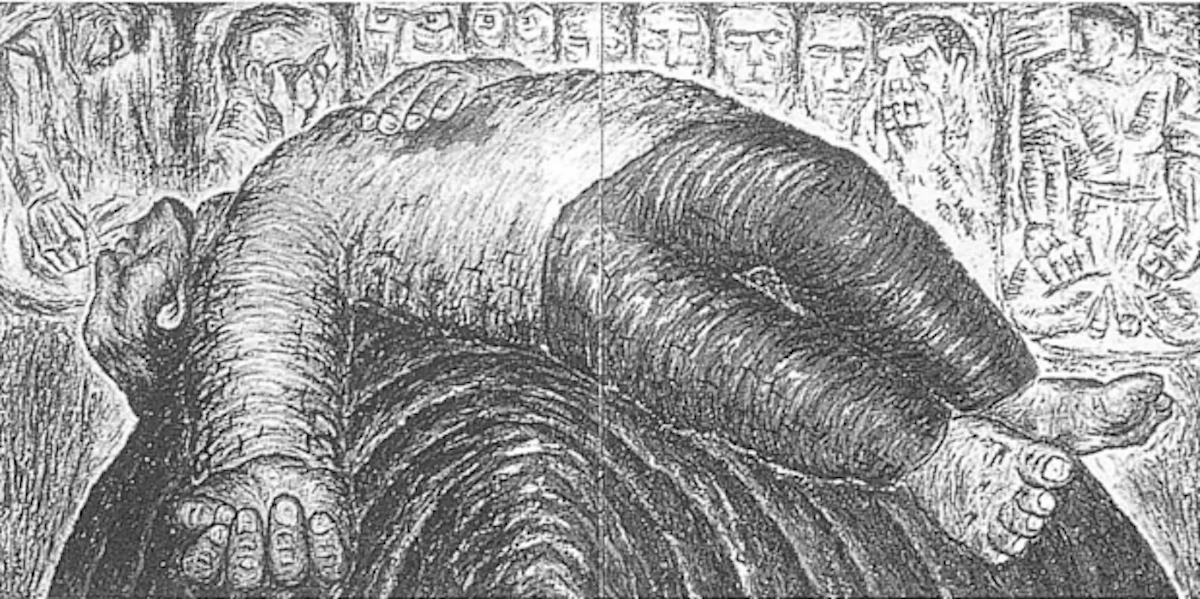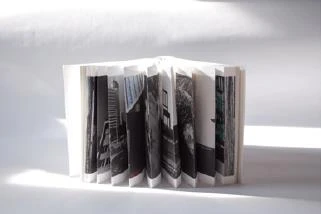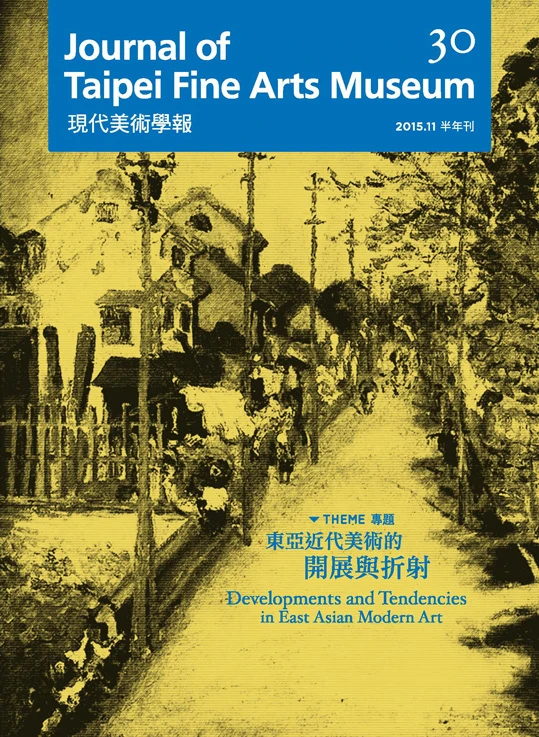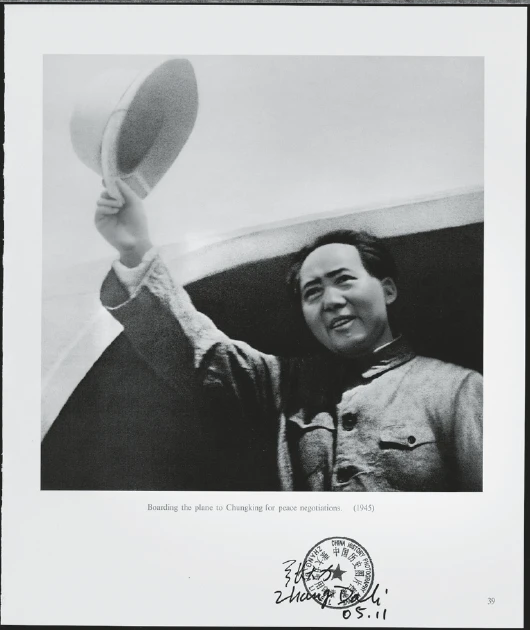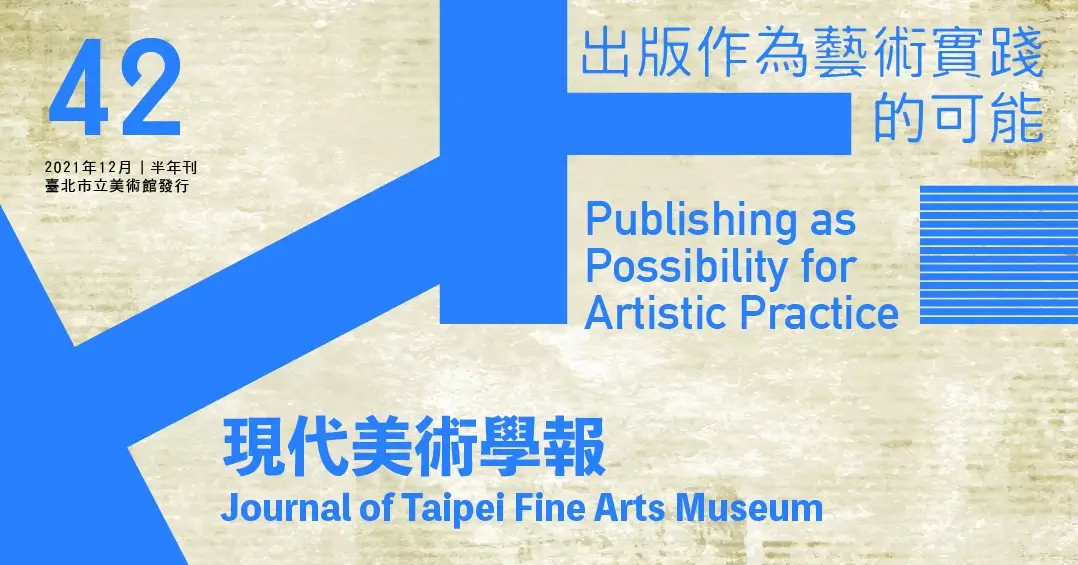摘要
當代哲學企圖擺脫知識的架式,投身在主體的自我完成以及主體的自我技術的過程中,藝術搖身成爲哲學的新形式。本文發現梅洛龐蒂的現象學的成就不可忽視,他在解決笛卡兒以來的哲學二元困境時,提出解決「意識與自然」不可切斷的基礎,那就是「身體」,因爲身體既是自然又是意識的兩義性存在結構。這比海德格的「此有」更爲根本,梅洛龐蒂的「身體知覺即表現主體」發展成爲藝術存有學的知覺理論;「視覺-身體-世界的互換體系」成爲藝術創作的實然狀態,「變體」則是其中的奧祕。關於存在的實然,他提出「交織」、「互換」、「可逆性」、「兩義性」的槪念,這是存在的實然也是藝術的本質,而「沈默」爲其究竟。梅洛龐蒂的身體知覺理論所發展的美學價値,比起過去美學由形上學來規定,由科學心理學來詮釋超越許多,是最接近藝術本質的論述。
關鍵詞
兩義性、身體、此有、存有學、變體、交織、互換、可逆性、沈默
Abstract
Art is a new form of modem philosophy which attempts to get rid of the old epistemology and plunge itself into individual participation in the grand scheme of things. Merleau-Ponty's theories on phenomenology are extremely relevant in tackling the philosophical dilemmas brought forth by Descartes. He has demonstrated how nature and consciousness cannot be separated, realizing how absolutely vital the physical body actually is. Heidegger's "Dasien" is too abstract while Merleau-Ponty's "body" is easier to recognize. Merleau-ponty insists that it's "the body" not the mind that perceives and expresses itself. This is the foundation of perception theory in ontology of art. The exchange system of "visual/body/world" is the real situation in art creation and transubstantiation is a mystery. About the reality of art, Merleau-Ponty raises "chaism", "intertwining", "entrlaces", "réversibilité", "ambiguité", and silence is the essence.
The "body" theory of Merleau-Ponty is aesthetics has evolved considerably from that of traditional metaphysics and psychology. It is the author's opinion that up to now, Merleau-ponty's "body" theory has successfully enveloped essence of art.
Keywords
ambiguité, body, Dasien, ontology, transubstantiation, chaism, réversibilité, entrlaces, intertwining, silence

